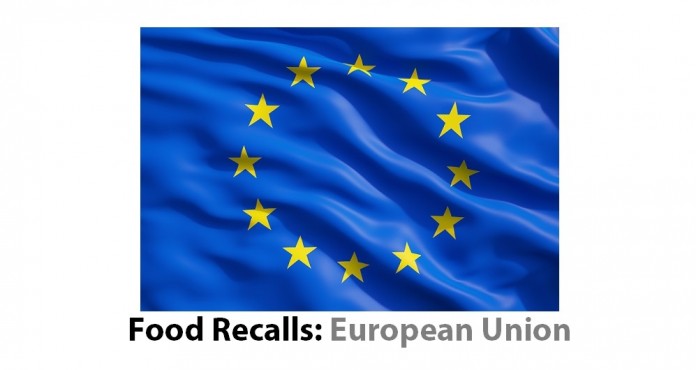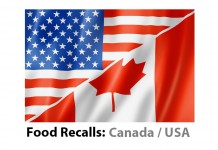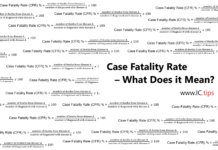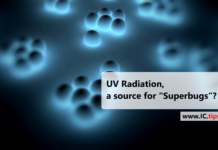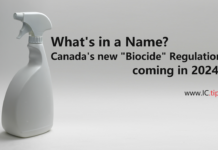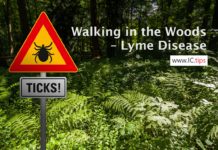Abstract:
This article provides a summary of the food recalls in the European Union for Week 24, 2015
Main Article:
This week on the EU RASFF (Rapid Alert System for Food and Feed) we can find the following notifications:
- Alerts followed by a recall from consumers:
- Allergens: traces of gluten (presence) in variety of chocolate flavoured brownie cake bars from the United Kingdom, following company’s own check. Notified by United Kingdom, distributed also to Ireland;
- Foreign bodies: plastic fragments in milk chocolate bar with whole hazelnuts from Poland, following a consumer complaint. Notified by Germany;
- Heavy metals: mercury (1.55 mg/kg – ppm) in chilled vacuum packed swordfish fillets (Xiphias gladius) from Spain, following an official control on the market. Notified by Italy, distributed also to Austria;
- Mycotoxins: fumonisins (6738.8; 10500 µg/kg – ppb) in corn meal from Portugal, following an official control on the market. Notified by Luxembourg;
- Pathogenic micro-organisms: Salmonella spp. (presence/25g) in food for enteral use for children from the Netherlands, following an official control on the market. Notified by Germany;
- Information for attention/for follow up followed by a recall from consumers:
- Foreign bodies: glass fragments in wine from South Africa, following company’s own check. Notified by Ireland;
- Pathogenic micro-organisms: Campylobacter jejuni (11 positive samples: 800, 100,400, 200, 300, 3100, 9200, 400, 700, 600, 300 CFU/g) in fresh chicken from the Netherlands, following an official control on the market. Notified by Denmark, distributed also to Germany.
- Alerts followed by a withdrawal from the market/from recipients:
- Composition: unauthorised substances progesterone (2.56 mg/kg – ppm) and androstenedione (3.02 mg/kg – ppm) in food supplement from India, via Latvia, following an official control on the market. Notified by Czech Republic;
- Composition: high content of iodine (2423 mg/kg – ppm) in dried seaweed from Japan, following an official control on the market. Notified by Germany, distributed also to Netherlands and United Kingdom;
- Industrial contaminants: benzo(a)pyrene (2.7 µg/kg – ppb) and polycyclic aromatic hydrocarbons (PAH4 sum: 15.8 µg/kg – ppb) in chilled bacon from Latvia, following an official control on the market. Notified by Estonia;
- Mycotoxins: ochratoxin A (19.3 µg/kg – ppb) in raisins from Turkey, packaged in Poland, following an official control on the market. Notified by Poland, distributed also to United Kingdom;
- Pathogenic micro-organisms: Listeria monocytogenes (<10 CFU/g) in raw milk cheese from France, following company’s own check. Notified by France, distributed also to Belgium, Germany, Luxembourg, Netherlands and United Kingdom;
- Seizures:
In Italy, following an official control on the market, we had a seizure for E 450 – diphosphate (2.37 g/kg) unauthorised in chilled vacuum packed yellow fin tuna from Spain.
- Border rejections:
- absence of health certificate(s) for curry leaves from India
- aflatoxins (B1 = 11.6; Tot. = 13.1 µg/kg – ppb) in shelled peanuts, in blanched peanuts (B1 = 3.0 µg/kg – ppb), in blanched groundnut kernels (B1 = 4.5 µg/kg – ppb) and in groundnuts (Tot. = 8.7 µg/kg – ppb) from China
- aflatoxins (B1 = 13.6; Tot. = 14.4 µg/kg – ppb) in chili powder from India
- aflatoxins (B1 = 18.1; Tot. = 18.9 µg/kg – ppb) in shelled bitter almonds from Morocco
- aflatoxins (B1 = 19; Tot. = 24 µg/kg – ppb) in shelled almonds from Australia
- aflatoxins (B1 = 22.7; Tot. = 24.3 µg/kg – ppb) in pistachios in shell from the United States
- aflatoxins (B1 = 4.6 µg/kg – ppb) in groundnuts from Brazil
- aflatoxins (Tot. = 25 µg/kg – ppb) in shelled hazelnut from Turkey
- chlorpyrifos (0.41 mg/kg – ppm) and dimethoate (1.9 mg/kg – ppm) and unauthorised substances profenofos (0.08 mg/kg – ppm) and dichlorvos (4.6 mg/kg – ppm) in dried beans from Nigeria
- deoxynivalenol (DON) (1240 µg/kg – ppb) in popcorn from Bosnia and Herzegovina and in popcorn (2308 µg/kg – ppb) from Serbia
- dried vegetables from China infested with moulds and with insects
- fenamiphos (0.096 mg/kg – ppm) in fresh pepper from Turkey
- poor hygienic state of red peppers from Tunisia
- poor temperature control (> 12.2 °C) of chilled seabass (Dicentrarchus spp) and chilled tuna (Thunnus spp) from Mauritania
- Salmonella spp. (presence /25g) in betel leaves from India
- Salmonella Stanley and acephate (0.035 mg/kg – ppm) in frozen okra from Vietnam
- too high content of colour E 102 – tartrazine, of colour E 122 – azorubine, of colour E 129 – Allura Red AC and of colour E 133 – Brilliant Blue FCF (combined level of dyes > 300 mg/kg – ppm) in marshmallows from China
- unauthorised novel food ingredient Siraitia Grosvenorii in food supplement from the United States
References:
European Commission. EU RASFF Portal. https://webgate.ec.europa.eu/rasff-window/portal/?event=searchForm&cleanSearch=1 Accessed 2015-11-01



